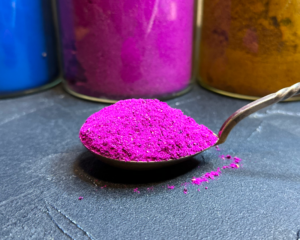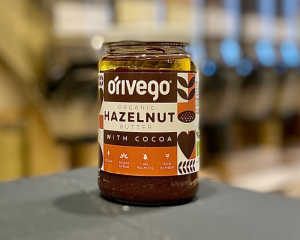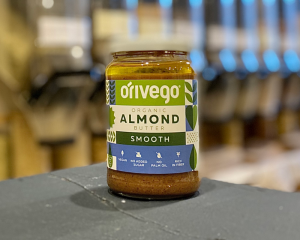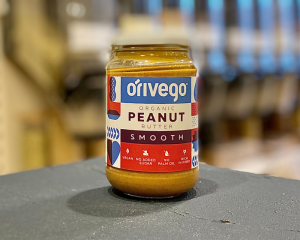

Organic sumac
From 2.84€
Sumac, obtained from the berries of the genus Rhus, is a spice known for its sour, lemon-like taste and deep red colour. This spice is popular in Middle Eastern cuisine, has a rich tradition and a number of health benefits, but like any other ingredient, it should be used with care.
Sumac is an important spice in the culinary traditions of the Middle East. It has been used as a medicinal herb for centuries.
Sumac is rich in antioxidants, which help fight free radicals in the body. This property makes it potentially useful for reducing inflammation and protecting against chronic diseases. It is also thought to help lower blood sugar levels, making it a valuable addition to the diet of diabetics.
Attention
Although sumac is harmless to most people, those allergic to Anacardiaceae (such as mangoes and cashew nuts) should be cautious as they may also be allergic to sumac.
Excessive use can cause stomach upset in some people.
Use
Sumac is versatile in the kitchen.
It can be sprinkled on salads and used in various hot dishes. Sumu is often sprinkled on rice and used in various spice mixtures to give it a sour taste.
It is an important component of the za’atar spice mix and is also used to enhance the flavour of kebabs, hummus and other regional dishes.
Because of its sour taste, it can substitute well for lemon juice or vinegar in sauces and marinades.
NOTES. The information provided here should not be interpreted as advice on treatment or other health issues. We encourage you to make personal health decisions based on your personal knowledge and taking into account different sources of information.
100% organic sumac
-
Store in a dark and cool place. Keep out of direct sunlight.









